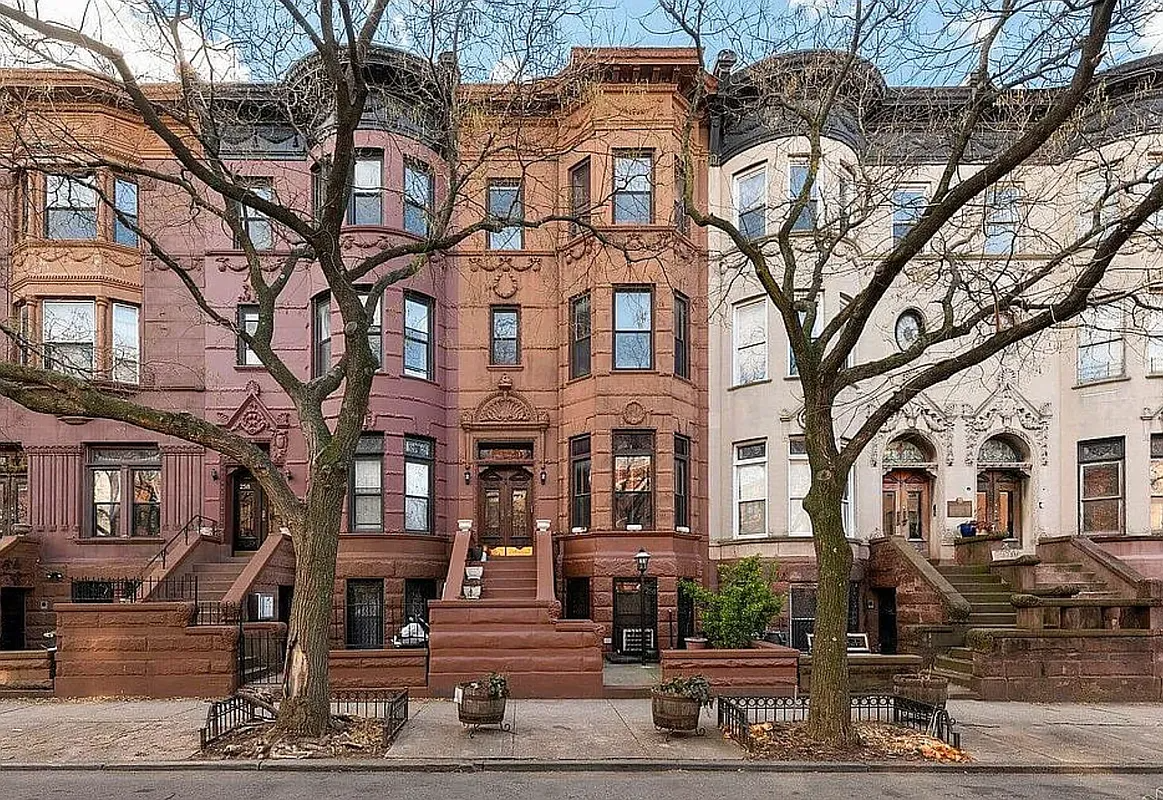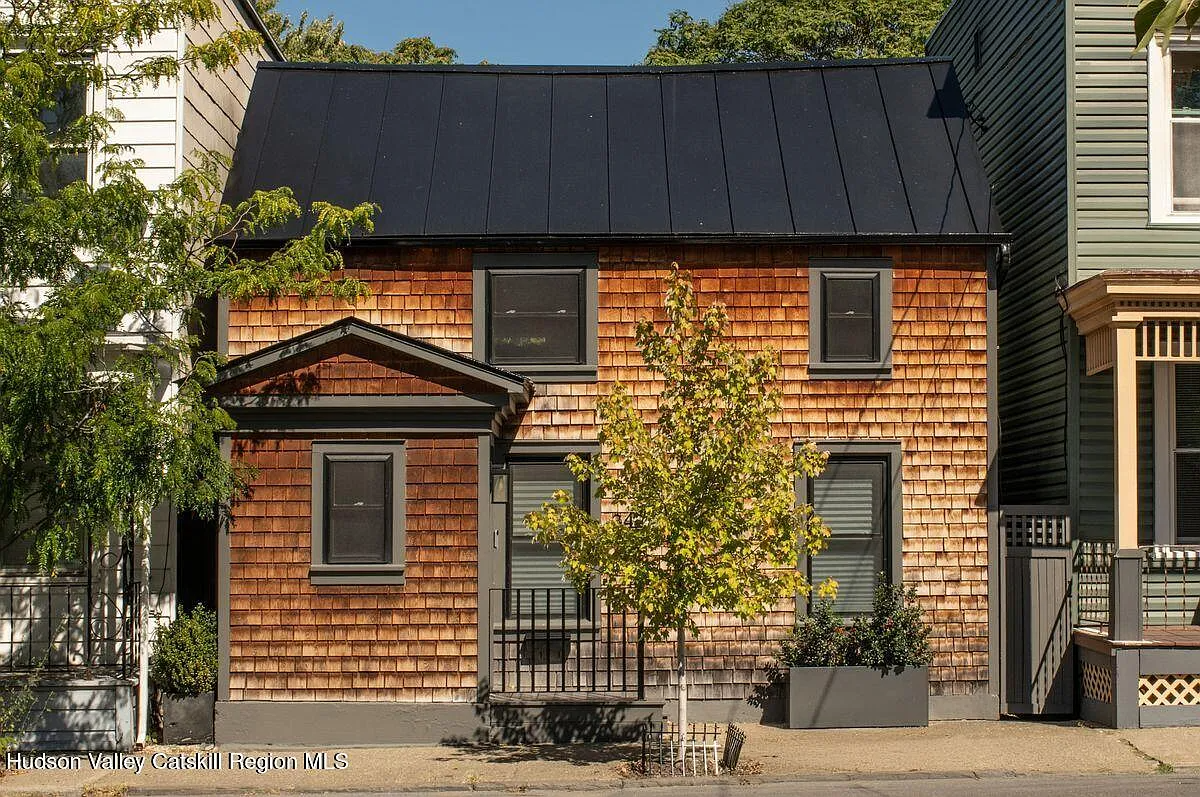Brooklyn Foreclosures Drop Dramatically in First Quarter
While foreclosures city-wide were down slightly in the first quarter versus a year ago, they were down significantly in Brooklyn. According to PropertyShark, there were only 37 foreclosures in Brooklyn over the last three months, versus 140 in the first quarter of 2008 and 83 in the fourth quarter of 2008; Manhattan also saw a…


While foreclosures city-wide were down slightly in the first quarter versus a year ago, they were down significantly in Brooklyn. According to PropertyShark, there were only 37 foreclosures in Brooklyn over the last three months, versus 140 in the first quarter of 2008 and 83 in the fourth quarter of 2008; Manhattan also saw a marked decline. You can check out a dynamic map of the Brooklyn properties here. If the same thing were happening in the Bronx and Queens, we might chalk it up to the government and bank programs, but that doesn’t appear to be the case. So any ideas what could explain this trend in Brooklyn?






I don’t know the reason for the drop but this is what I’ve seen:
*Lots of short sales in 2008, all of them purchased in 2005/2006. Not moving. Also a smattering of empty houses in limbo just sitting there unoccupied and not being marketed.
*Now, starting about a month ago, properties that have already been foreclosed on and are empty and owned by the banks, for sale for miniscule amounts: $250,000 and $370,000.
They are selling very quickly.
*Motions by the government, ACORN, and others to help renters and owners stay in their properties rather than being foreclosed on. Protests. Government promising to buy empty buildings and rehab them to “affordable” housing.
“banks are trying to package all the bad loans together to sell off en masse”
If true, it adds to what I said above that tracking foreclosures in NYC is a futile way to measure market health. Pure spin, like biggest sales. The worst is way ahead. Confidence is on life support. They need to pull the plug, let it die and resurrect. But they won’t (mark-to-market suspension). That’s why we’re already in a depression. And it will be a greater depression for the US than in the 30’s because our productivity sucks.
***Bid half off peak comps***
Yeah — that’s the key — get a lump sum payment if you can. Of course, severance isn’t “salary” based on work performed so there’s no law about how it has to be paid. If the company has cash, they might be able to pay a lump sum. If they don’t, then they can’t.
If your severance is spread out and it’s a relatively tiny amount, you might be able to get partial/reduced unemployment. But I’m not sure.
Johnny, Did you get a lump sum payment then?
shit the bronx is fucked.
I wasnt able to receive unemployment until after they were done giving me my severance. It was spread out over 3 weeks.
Speaking from experience, you file when you’re laid off. Severance is not a salary. Unless of course you’re kept on salary while you’re not going to work as part of the separation agreement.
Foreclosure creates opportunity:
http://www.nytimes.com/2009/04/03/us/03florida.html?_r=1&hp
Part of the difference may reflect differences in the way that Kings County deals w/foreclosure filings, too.
From the Wall Street Journal:
Some Judges Stiffen Foreclosure Standards
By AMIR EFRATI
July 26, 2008; Page A3
A cadre of state-court judges scrutinizing foreclosure actions in a string of recent rulings have discovered flaws in documents that borrowers may be able to use to keep their homes. The judges, including a committee from the Kings County Supreme Court in Brooklyn, N.Y., are highlighting shortcuts taken by mortgage companies in court filings, which borrowers might be able to exploit when facing foreclosure. The rulings show the critical role that judges are beginning to play as foreclosures mount in the most severe housing crisis since the Great Depression. The recent decisions build upon widely circulated opinions issued last fall by federal judges in Ohio who found trusts that hold the mortgages regularly begin foreclosure proceedings before they obtain the legal right to do
so.
Judges in states including New Jersey, Florida and
Massachusetts have begun to dismiss many cases “without
prejudice,” meaning the plaintiffs can fix the defects and
resume the process, but the ruling gives the homeowners more
time. Meanwhile, some bankruptcy courts, where creditors may
seek permission to foreclose if the debtor isn’t keeping up with the bankruptcy plan, have issued standing orders requiring creditors to prove ownership of loans. Other state courts, including in Ohio and Pennsylvania, have begun requiring owners of loans who have filed foreclosure suits to try to negotiate settlements with borrowers to avoid foreclosure.
[…] About six judges from the supreme court in Brooklyn, the state’s lowest court, which handles most of the New York City borough’s foreclosure actions, have been digging into the problem and finding new issues that they can use to dismiss cases.
The work of the Brooklyn court — which formed a committee to discuss foreclosures about five years ago, long before the housing crisis emerged — looks prescient now as it has rejected dozens of foreclosure actions since the crisis began by identifying mistakes or suspicious information.[…]
Think Dave is spot on @ 9:10 & 9:34.
I’m surely hoping he is with regard to 9:57 but I’m doubtful!